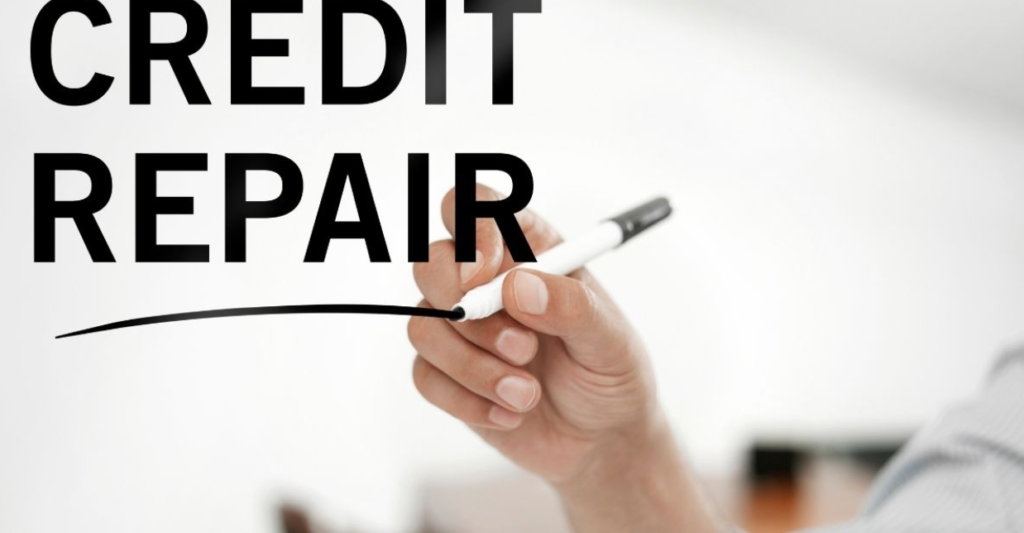In the journey towards financial freedom, a crucial step often overlooked is the state of one’s credit. Credit plays a significant role in shaping financial opportunities, influencing everything from obtaining a mortgage to securing favorable interest rates on loans. For many individuals, credit repair becomes a pivotal tool in paving the way to financial freedom. This article delves into the importance of credit repair and how it can open doors to a more secure and prosperous financial future.
Understanding the Role of Credit:
Credit is a financial instrument that reflects an individual’s creditworthiness based on their financial history and behavior. Credit scores, typically ranging from 300 to 850, are a numerical representation of this creditworthiness. The higher the score, the more favorable terms and rates one can expect when seeking loans or credit.
Many financial institutions, landlords, and even employers use credit scores to assess an individual’s reliability and responsibility. A higher credit score not only provides access to better financial products but can also lead to lower interest rates, saving money in the long run.
Challenges Faced by Those with Poor Credit:
Unfortunately, not everyone starts with a stellar credit history. Late payments, high credit card balances, bankruptcies, and other financial setbacks can result in a lower credit score. Individuals with poor credit face challenges such as limited access to credit, higher interest rates, and even difficulty securing housing or employment.
The Vicious Cycle:
Low credit scores often contribute to a vicious cycle. Individuals with poor credit may be forced to rely on high-interest loans, leading to increased debt and financial stress. As debt accumulates, it becomes more challenging to make timely payments, further damaging the credit score. Breaking free from this cycle requires proactive steps, and credit repair is a crucial component of that process.
The Role of Credit Repair:
Credit repair involves the process of identifying and correcting inaccuracies, errors, or outdated information on one’s credit report. This may include disputing incorrect entries, negotiating with creditors, and developing a plan to address outstanding debts. Engaging in credit repair can have a transformative impact on an individual’s credit score and financial prospects.
Check Your Credit Report:
Obtain a copy of your credit report from each of the major credit bureaus – Equifax, Experian, and TransUnion. Review the reports for any inaccuracies or discrepancies.
Dispute Inaccurate Information:
If you identify errors, dispute them with the credit bureau. Provide supporting documentation to strengthen your case. The credit bureau will investigate and update your report accordingly.
Create a Repayment Plan:
Develop a plan to address outstanding debts. Prioritize payments, and negotiate with creditors to establish favorable terms. Timely payments positively impact your credit score over time.
Establish Positive Credit Habits:
Cultivate positive financial habits, such as making timely payments, keeping credit card balances low, and avoiding new debt. Consistency in these behaviors contributes to long-term credit health.
Seek Professional Assistance:
Consider enlisting the help of a reputable credit repair service if navigating the process independently feels overwhelming. These professionals have experience dealing with credit bureaus and creditors, potentially expediting the credit repair process.
Benefits of Credit Repair:
Access to Better Financial Products:
A repaired credit score opens doors to more favorable financial products, including lower interest rates on loans, credit cards with better terms, and improved chances of loan approval.
Cost Savings:
With an improved credit score, individuals can save thousands of dollars in interest payments over the life of a loan. This leads to more disposable income and the ability to achieve financial goals faster.
Increased Opportunities:
A higher credit score enhances opportunities for housing, employment, and other aspects of life where creditworthiness is evaluated.
Conclusion:
Embarking on the road to financial freedom requires a holistic approach, and credit repair stands out as a critical milestone. By taking proactive steps to address and improve one’s credit score, individuals can break free from the constraints of poor credit and unlock a future filled with greater financial stability and opportunity. The journey may be challenging, but the rewards – including access to better financial products and the ability to build wealth – make credit repair an essential component of the path to financial freedom.


More Stories
Load Cell for Packaging Industries – MODEL: HSSB, BBM, SESB
10 Proven Ways to Earn Money as a Coach in 2025
Low-Interest Collateral Loans on Rare Coins in Peachtree City